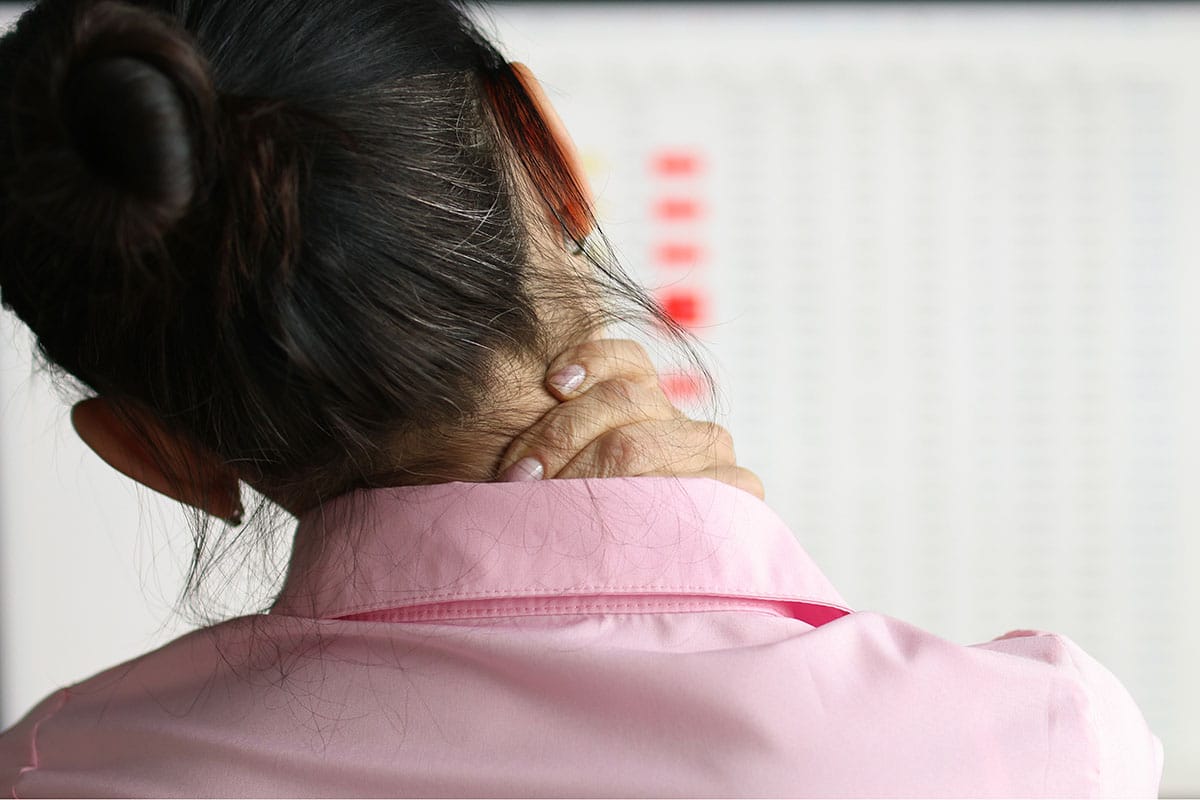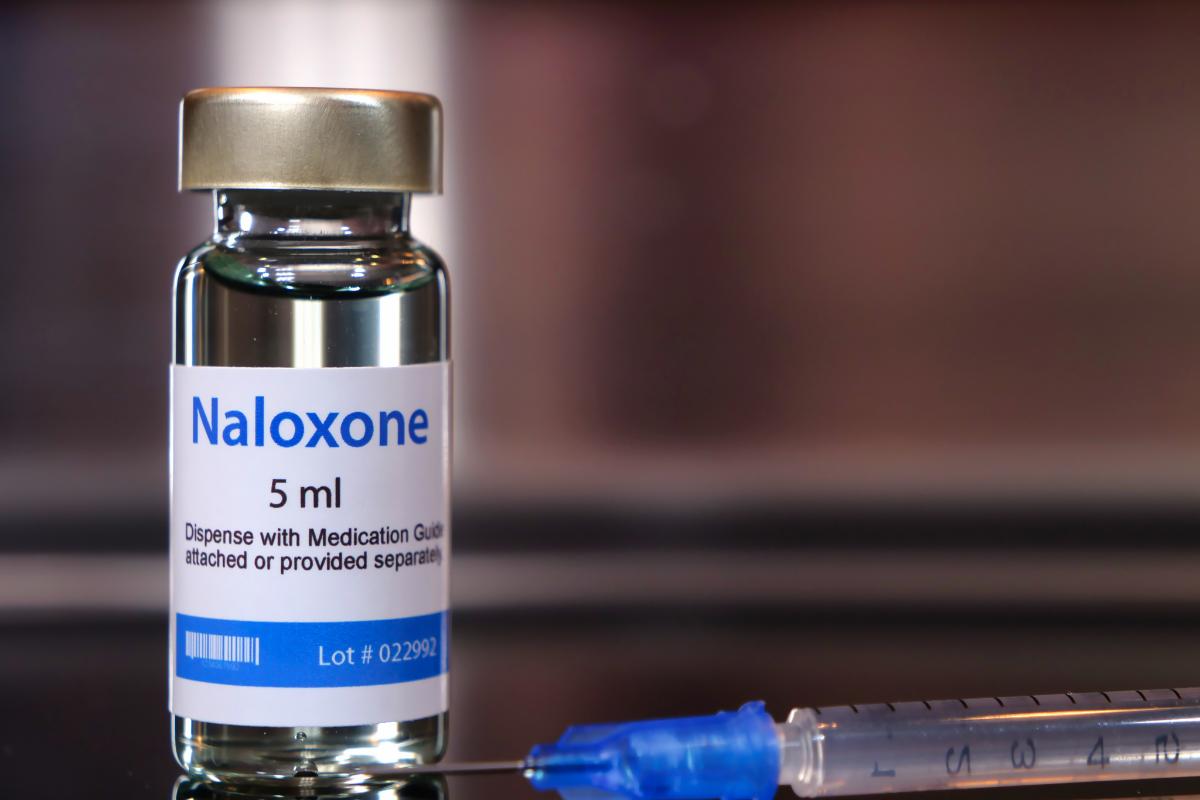Opioid addiction continues to be a problem in Colorado, with a significant increase in opioid-related deaths due to fentanyl, heroin, and other opioids over the last few years. Recognizing the signs of opioid addiction can save the life of a friend or loved one who is unable to stop their abuse, even if they want to quit. The best thing they can do is enroll in an opioid addiction treatment program to get help with their recovery.
At Colorado Medication Assisted Recovery, we support individuals from all walks of life who are struggling with an addiction to heroin, fentanyl, or opioid pain medication. We use a combination of medication and behavioral therapy to create an effective treatment plan that addresses the physical and mental aspects of their addiction. For more information about our opioid addiction treatment program, call 833.448.0127 or fill out our online form today, and we will get back to you within 24 hours.
The Dangers of Opioid Addiction
The COVID-19 pandemic has led to an increase in addiction cases throughout the country. Isolation, confusion, and a lack of resources caused many people to abuse drugs or alcohol to help cope with the sudden disruption in their lives. Opioid addiction causes powerful cravings for more opioids to maintain the level of euphoria they create. If they stop taking opioids, withdrawal symptoms can begin within a few hours of their last dose.
Some of the common withdrawal symptoms of opioid addiction include:
- Intense cravings for more opioids
- Muscle aches
- Anxiety
- Depression
- Excessive sweating
- Insomnia
- Nausea and vomiting
- Stomach cramps
At Colorado Medication Assisted Recovery, we provide compassionate support for those struggling with opioid addiction. Patients will participate in behavioral and holistic therapies while receiving medication to minimize their withdrawals and cravings.
5 Signs of Opioid Addiction
Knowing the signs of opioid addiction is important if you suspect a friend or loved one is abusing opioids. Those struggling with opioid addiction will go to great lengths to hide their addiction and often feel they have everything under control when in reality, they are only putting themselves at risk of further physical and mental harm.
Here are five signs of opioid addiction:
- Prescription opioids are commonly abused by patients. They take more than prescribed or continue to take them after their pain subsides. It is common for them to run out of their prescription before the refill date and may have multiple prescriptions from different doctors.
- Those who abuse opioids will experience behavioral changes the longer they abuse the drug. They become consumed with finding more opioids and will lie, steal, and may react negatively and harshly to questions about their addiction.
- A lack of personal hygiene is common with drug abuse. Their work or school performance will decline, and they will withdraw from friends and family. They are only interested in obtaining more drugs and don’t care about activities they used to enjoy.
- Another sign of opioid addiction is sudden financial trouble and making poor decisions. They spend more time with people who can get them more drugs and don’t care about the risks that are common with opioid abuse.
- Patients with opioid addiction will experience mood changes and disruption in their sleep patterns. Skipping meals, binge eating, or other unhealthy habits can also occur.
While there is no cure for addiction, there are several programs that can treat the illness and allow patients to lead productive and sober lives.
Colorado Medication Assisted Recovery: Your Best Choice for Outpatient Opioid Addiction Treatment
At Colorado Medication Assisted Recovery, we provide outpatient treatment for men and women who are struggling with an addiction to opioids, alcohol, or other harmful substances. We run a full assessment for all new patients to determine the right treatment program to address their unique symptoms and build their confidence in reaching their recovery goals.
If you or a loved one is struggling with opioid addiction, call 833.448.0127 today to discover all of the benefits of our addiction treatment programs.































